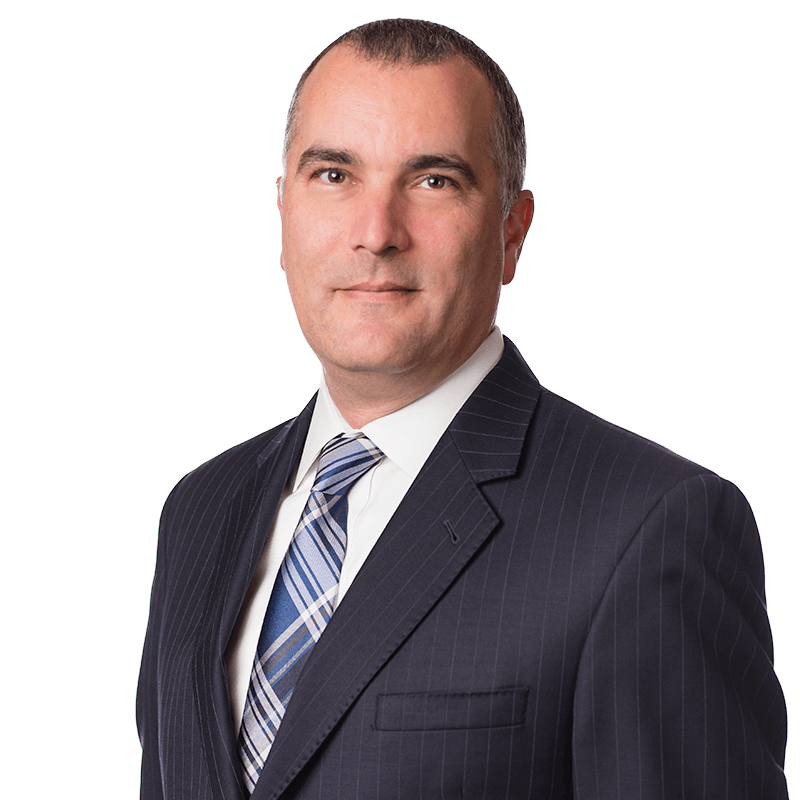April 27, 2020
Source: New Jersey Federal Practice Alert
Senior U.S. District Judge Stanley R. Chesler has ordered a new trial in a patent infringement case involving plug-and-play technology for televisions, subject to certain limitations on what evidence may be presented at trial on the issue of damages. Rejecting defendants’ request for judgment as a matter of law of zero damages, Judge Chesler instead determined that “[t]he best and most just remedy here is a new trial.” Mondis Tech. Ltd. v. LG Electronics, Inc., et al., 15-4431 (D.N.J. Apr. 22, 2020), Op. at 4.
Mondis Technology Ltd. brought suit against LG Electronics, claiming LG manufactured and sold televisions that infringed a Mondis patent related to plug-and-play technology. A seven-day jury trial was held in April 2019. The jury returned a verdict finding the patent valid and willfully infringed, and awarding Mondis $45 million in compensatory damages. LG subsequently moved for judgment as a matter of law, a new trial, and/or remittitur on damages and willfulness. On September 24, 2019, Judge Chesler vacated the jury’s $45 million damages award, finding that Mondis’s principal damages theory—the threshold theory—failed to satisfy Federal Circuit law requiring that patent damages be apportioned to the incremental value that the patented invention adds to the end product. Judge Chesler, however, did not disturb the verdict of willful infringement.
The Court then ordered supplemental briefing on the issue of whether, under Promega Corp. v. Life Techs. Corp., 875 F.3d 651, 666 (Fed. Cir. 2017), Plaintiff waived its right to a damages award. In Promega, the Federal Circuit held that “a patent owner may waive its right to a damages award when it deliberately abandons valid theories of recovery in a singular pursuit of an ultimately invalid damages theory.” Id. Judge Chesler concluded that Promega “does not determine the proper remedy for the defects in Mondis’ damages case at trial” . . . “because it may not be construed to contradict the Third Circuit law which is controlling on th[e] issue” of whether judgment as a matter of law is warranted under the facts of the case. Op. at 2-3.
Under Third Circuit law, “[e]ntry of judgment as a matter of law is a sparingly invoked remedy, granted only if, viewing the evidence in the light most favorable to the nonmovant and giving it the advantage of every fair and reasonable inference, there is insufficient evidence from which a jury reasonably could find liability.” Op. at 2 (citation omitted). At trial, LG’s own expert, based on a theory that apportioned damages, testified that Mondis was entitled to $1.9 million in damages. Judge Chesler found this was sufficient evidence from which a jury might reasonably award damages, and denied LG’s motion for judgment of no damages.
Having previously vacated the jury’s verdict on damages, and recognizing that the authority to grant a new trial is within the sound discretion of the Court, Judge Chesler determined that “it is in the interest of justice to grant the motion for a new trial on the amount of damages.” Op. at 4. Judge Chesler acknowledged that “the trial court has an obligation to award damages in whatever amount is supported by the evidence of record” and that the record contained substantial evidence from which a reasonable fact finder could render a legally valid damages determination. Op. at 7. In addition, “under Federal Circuit law, defects in a patentee’s damages case do not mandate an award of zero damages, and that the proper remedy for material and prejudicial defects at trial that require a verdict to be vacated is a new trial without those defects.” Op. at 8. As a result, the Court granted LG’s motion for a new trial with the caveats that the parties may not introduce evidence that was not offered at the previous trial (with one limited exception regarding potential expert testimony from Mondis’s damages expert), and that “[a]ll expert testimony must reflect the Federal Circuit law on apportionment[.]” Op. at 9.
Full copies of Judge Chesler’s September 24, 2019 opinion vacating the award of $45 million in compensatory damages, and April 22, 2020 opinion ordering a new trial, are attached.
Attachments: Opinion & Order; September 24, 2019 • Opinion & Order; April 22, 2020


